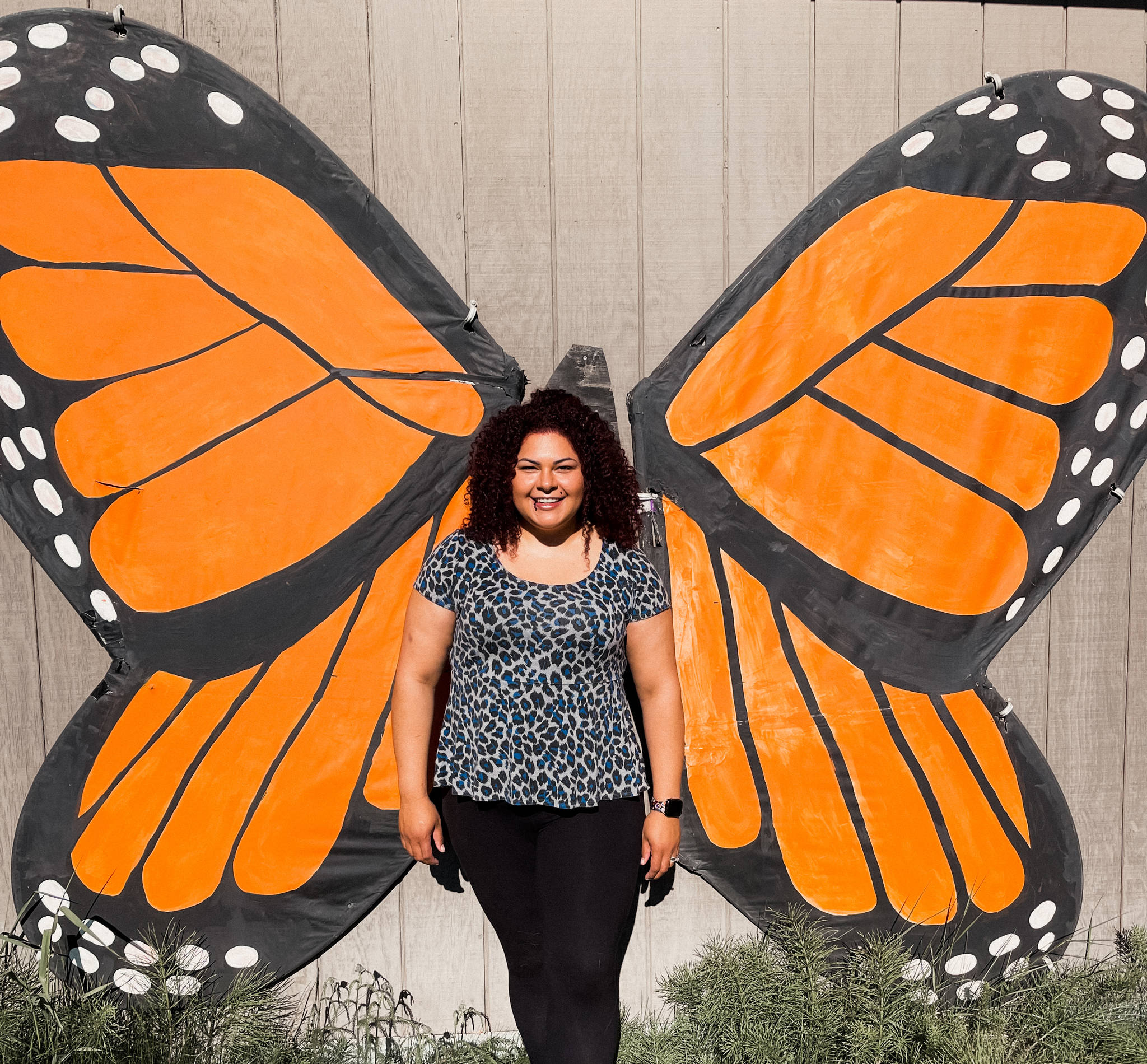May 25, 2021 marked one year since George Floyd was murdered by Derek Chauvin.
Police officer Chauvin placed his knee on George Floyd’s neck for 9 minutes and 29 seconds, while being filmed by 17-year-old Darnella Fraizer. Since then, there has been a large and appropriate response to the murder of Black, Indigenous, and People of Color (BIPoC) by police officers. It is important to note that our society is continually being traumatized by the systemic and institutional racism that pervades the structures that govern and rule us.
Our BIPoC neighbors live in fear every second of every day that their name will be remembered next —the fear that their son or daughter may be the next victim, murdered in the streets, by the same people who swore to protect them. Ms. Fraizer testified at the Chauvin trial. “When I look at George Floyd, I look at my dad, I look at my brothers, I look at my cousins, my uncles, because they’re all Black. … It could have been any one of them.”
George Floyd was murdered in cold blood, but he is not alone. Looking at the hundreds who went before him, and the lives taken since May 25, 2020, MappingPoliceViolence.org has counted 1,068 police killings since Floyd’s murder as of June 1. Your BIPoC friends, family, co-workers and community members are constantly seeing images and videos of people that look like themselves being murdered. This constant reminder of racial inequality impacts our community heavily, and the impact is felt mentally, physically and emotionally.
As we navigate this COVID-19 pandemic and the “get back to work and normalcy” mantra we have been fed, it is important to note the significant movement BIPoC folks have endured this last year. Employers have a responsibility to ensure that their employees are safe at work and are free from racism and discrimination.
Business owners, ask yourselves: how are you helping your BIPoC employees? Have you contacted every single one of them, asking what they need from you and how you can support them? Have you offered them mental health or reflection days without repercussions for advancement in the workplace? How are you working with your white employees to remind them that inherent bias runs deep and that they are responsible for unlearning racism? Are you looking over and examining some of your internal company policies that stem from white supremacy?
If the questions brought forth do not sit well with you, I encourage you to ask yourself why. Are you uncomfortable? Are you disappointed to see inaction by yourself, your community, your employer or company?
If any of those strikes a nerve, challenge yourself. What are you going to do to change that uncomfortable feeling and work towards racial justice?
I ask these questions because I care deeply about myself and the people who hold these traumas close to them, and I’m continually impressed by folks’ ability to function in their day-to-day lives. I work with the public, and daily I experience some form of racism. I know the terror, helplessness and negative psychological damage that arises from these interactions at work. There is deep and distinct pain that must be endured as we share our traumatizing experiences as cautionary tales to you. We share in our publications, vulnerability and functioning with daily images of death, injustice and chaos around us. We do it resiliently and hope that in navigating this world of state-sanctioned racism and inequality, we can just plainly survive.
If our place of employment is truly a great place to work, employers must continue to prove it and share in the responsibility and values to promote racial justice. Employees deserve this, and there is a deep disservice to the community by turning a blind eye and pretending that these events aren’t impacting all of us, particularly BIPoC employees, friends and their families. It is a community led responsibility that they should care about employee safety, wellbeing, and the right to exist and live free from racism and injustice.
Xochitl Lopez-Ayala is a reproductive access advocate residing on Dena’ina lands in Homer. Outside of her corporate career, her focus and passion is on advocating for all, especially Alaskans’, right to affordable, safe, inclusive and accessible reproductive health services. She is the Vice President of the Board of Directors for the Kachemak Bay Family Planning Clinic (KBFPC), the Alaska Board Member for Northwest Abortion Access Fund (NWAAF), a dues paying member of National Womens Liberation (NWL) and a Member of the Homer Pride Planning Committee. She grew up in Los Angeles on Tongva land, and since moving to Alaska has lived and worked in Fairbanks, Anchorage and Juneau. Her biggest supporter is her husband of 13 years, Don, and their lovable dogs.


